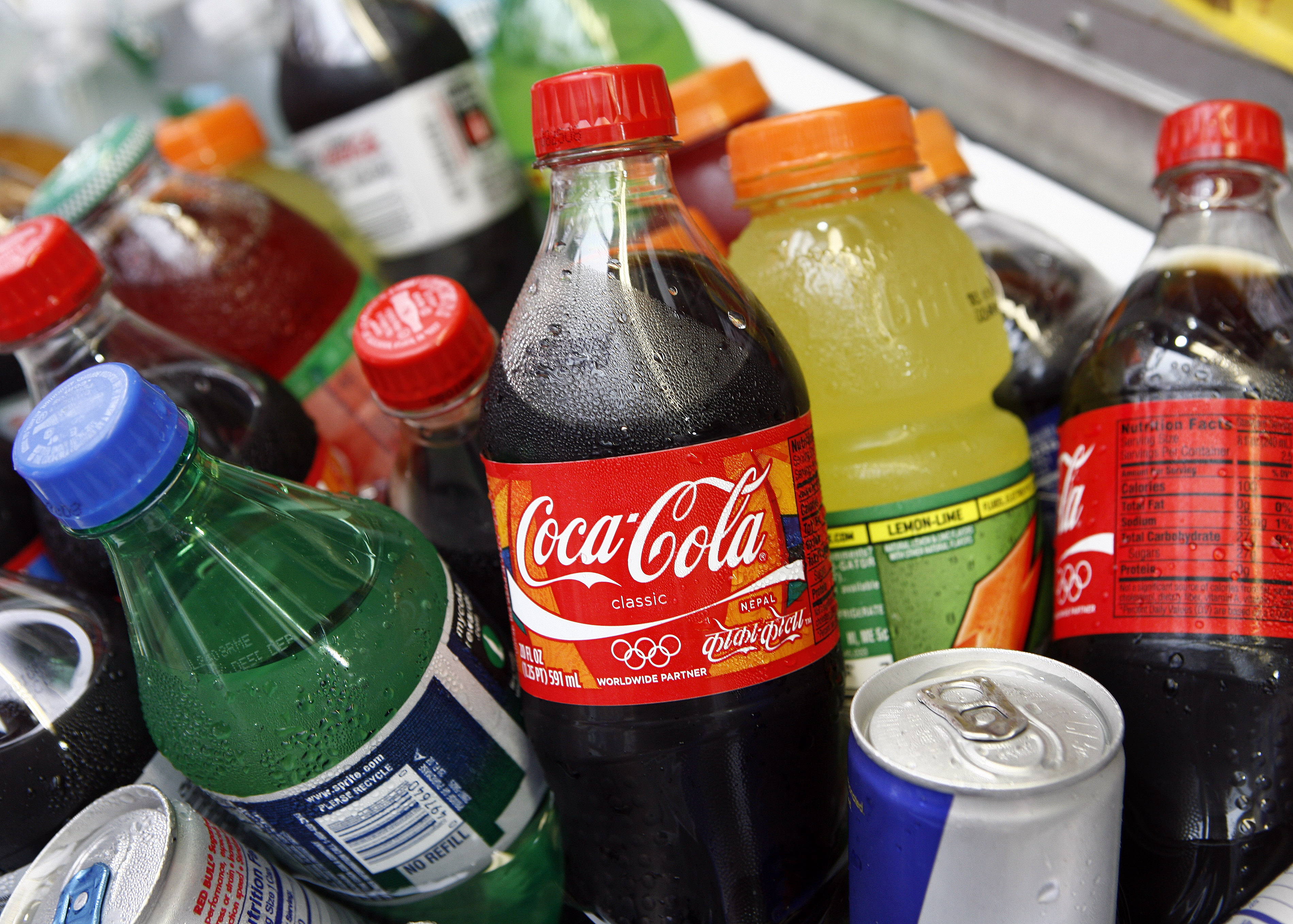Sugar-sweetened drinks are linked to about 25,000 deaths in the U.S. and about 180,000 deaths worldwide annually, according to a study published in the journal Circulation, the Los Angeles Times‘ “Science Now” reports.
Study Details
For the study, researchers examined consumption of drinks that include at least 50 calories per eight-ounce serving, excluding 100% fruit juices. They looked at several studies to estimate how sugar-sweetened drinks contributed to obesity and how obesity contributed to diseases, such as Type 2 diabetes, cardiovascular disease and various cancers among adults. They then calculated the number of deaths from those diseases that could have been influenced by sugar-sweetened drinks (Healy, “Science Now,” Los Angeles Times, 6/29).
Study Findings
The findings mean one out of every 100 adult deaths from an obesity-related disease is linked to sugar-sweetened drinks. According to the study, sugar-sweetened drinks each year are responsible for:
- 133,000 diabetes deaths;
- 45,000 cardiovascular disease deaths; and
- 6,450 cancer deaths.
The U.S. had the fourth-most sugar-sweetened drink-related deaths, with 153 per one million adults.
Meanwhile, Mexico ranked first, with 405 deaths per one million (Gebelhoff, “To Your Health,” Washington Post, 6/29). According to “Science Now,” Mexico has one of the highest rates of per-capita sugary drink consumption in the world.
About 75% of the sugar-sweetened drink deaths occurred in developing countries, where obesity is increasing as incomes rise (“To Your Health,” Washington Post, 6/29). According to “Science Now,” many researchers say sugar-sweetened drinks are partly responsible for such obesity upticks.
The report does not reflect the effect of sugar-sweetened drinks on children’s health. However, report co-author Gitanjali Singh, of Tuft University’s Friedman School of Nutrition Science, said that higher rates of consumption among younger people, coupled with the effects of aging, mean that rates of disability and death from diabetes and heart disease could increase significantly in the future.
Reaction
Report co-author Dariush Mozaffarian, also of the Friedman School, said, “There are no health benefits from sugar-sweetened beverages, and the potential impact of reducing consumption is saving tens of thousands of deaths each year” (“Science Now,” Los Angeles Times, 6/29).
When the study’s abstract was presented in 2013, prior to being published or peer reviewed, the American Beverage Association dismissed it, according to “To Your Health” (“To Your Health,” Washington Post, 6/29). In a statement in 2013, ABA said, “The researchers make a huge leap when they take beverage intake calculations from around the globe and allege that those beverages are the cause of deaths which the authors themselves acknowledge are due to chronic disease” (ABA release, 3/19/13)
The study has since been peer reviewed, and the authors say they are confident in the results. Mozaffarian said, “If the sugar industry’s argument is that there’s no correlation, that’s not correct” (“To Your Health,” Washington Post, 6/29).
California Efforts Targeting Sugary Drinks
The adverse health effects of consuming sugary beverages have been a hot topic in California.
In May, Assembly member Richard Bloom (D-Santa Monica) introduced a bill (AB 1357) that would add a 2-cent-per-ounce fee on sugary drinks. The measure would generate about $3 billion annually to launch a program to prevent and treat dental disease, diabetes, heart disease and obesity (California Healthline, 5/6).
Meanwhile, earlier this month, the San Francisco Board of Supervisors unanimously voted to put health warnings on advertisements for energy drinks, iced teas, sports drinks, sodas and vitamin waters that have more than 25 calories from sweeteners per 12 ounces. All-natural fruit juices, vegetable juices and milk would be exempt from the requirement (California Healthline, 6/10).
